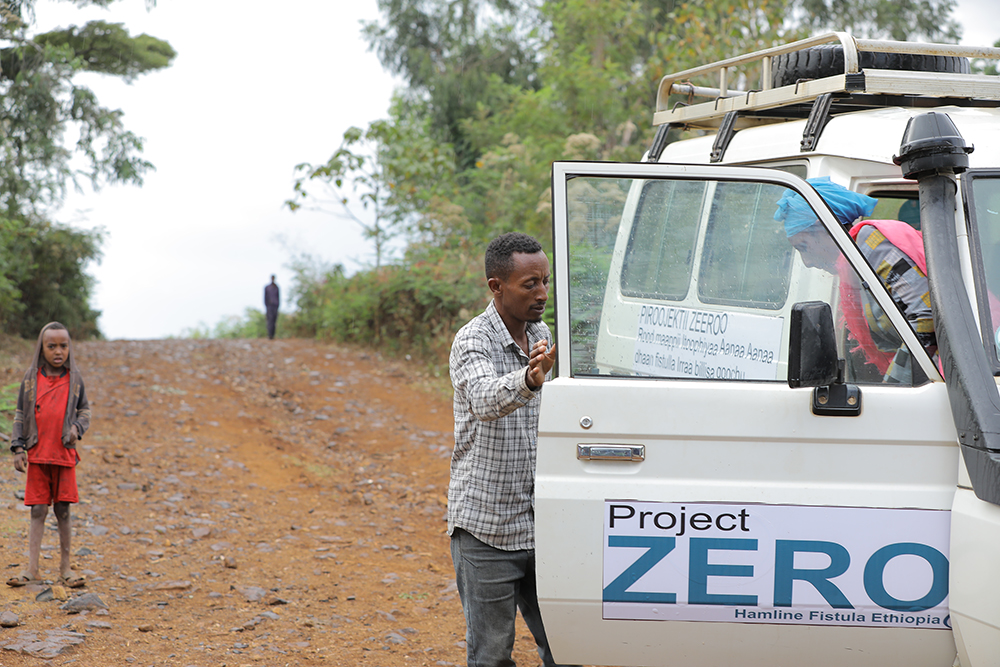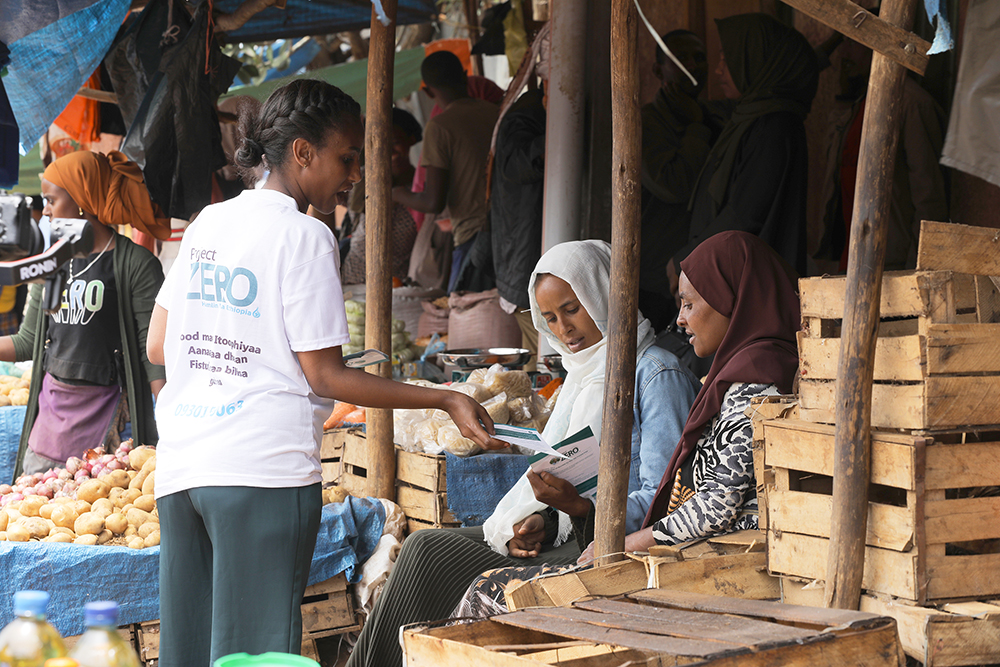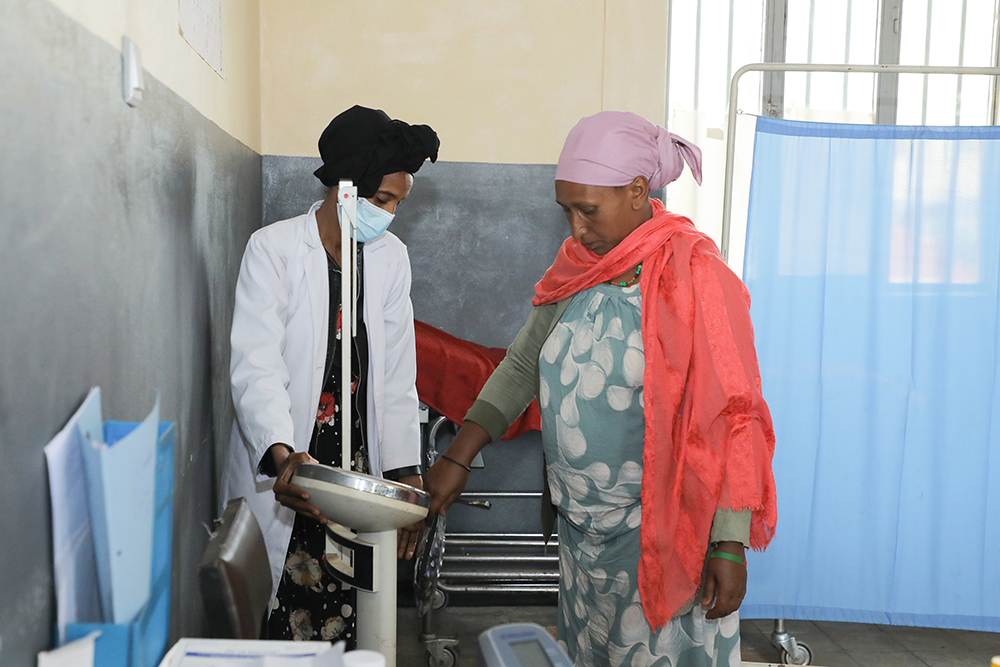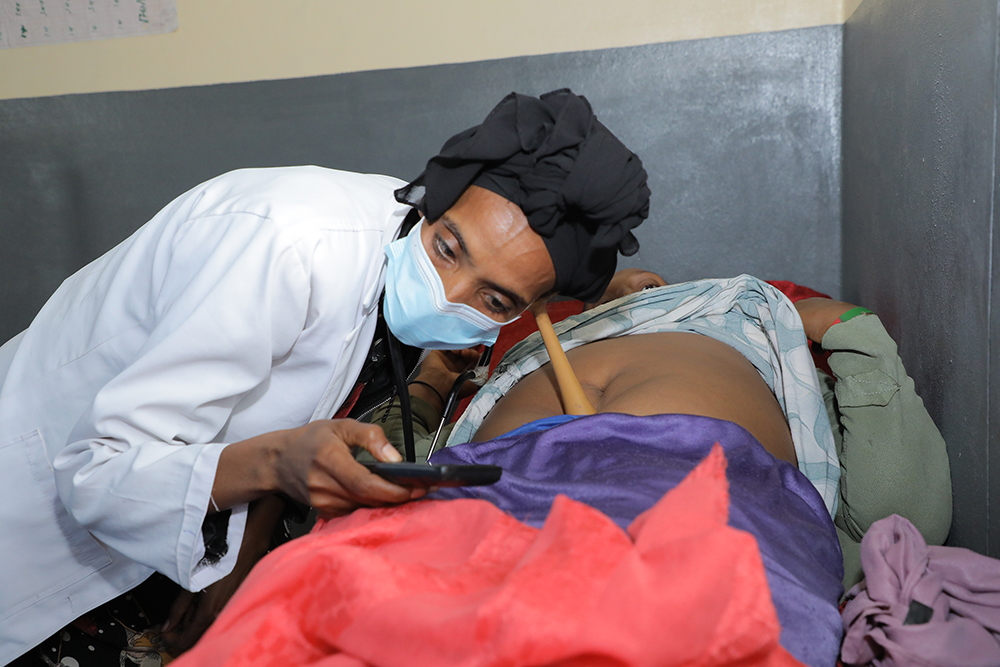The road map for a Fistula-Free Ethiopia.
Going from door-to-door, Woreda-by-Woreda, our goal is to find and treat every woman in Ethiopia living with obstetric fistula and do all in our power to prevent child birth injuries in the future.
More than 30,000 women in Ethiopia are living with obstetric fistula, with an additional 1,000 cases occurring every year. It is estimated that it could take more than five decades to find and treat every case.
Hamlin Fistula Ethiopia is determined to accelerate the rate of change for the women of Ethiopia.
In a country of 130 million people, most of whom live in rural areas, finding and treating women living with obstetric fistula has always been a significant challenge. Project Zero is an ambitious yet achievable program that adopts a systematic approach to treatment and prevention.
Using a Woreda-by-Woreda (district) approach, Hamlin-trained teams will visit each and every household, in both rural and urban areas, to find women living with an obstetric fistula injury, and organise care and treatment.
At the same time, we will strengthen maternal healthcare services within Ethiopia, to reduce the incidence of birth injuries, and our national education campaign will give women the tools and knowledge they need to give birth safely.
Through Project Zero, our goal is to Eradicate Fistula. Forever.
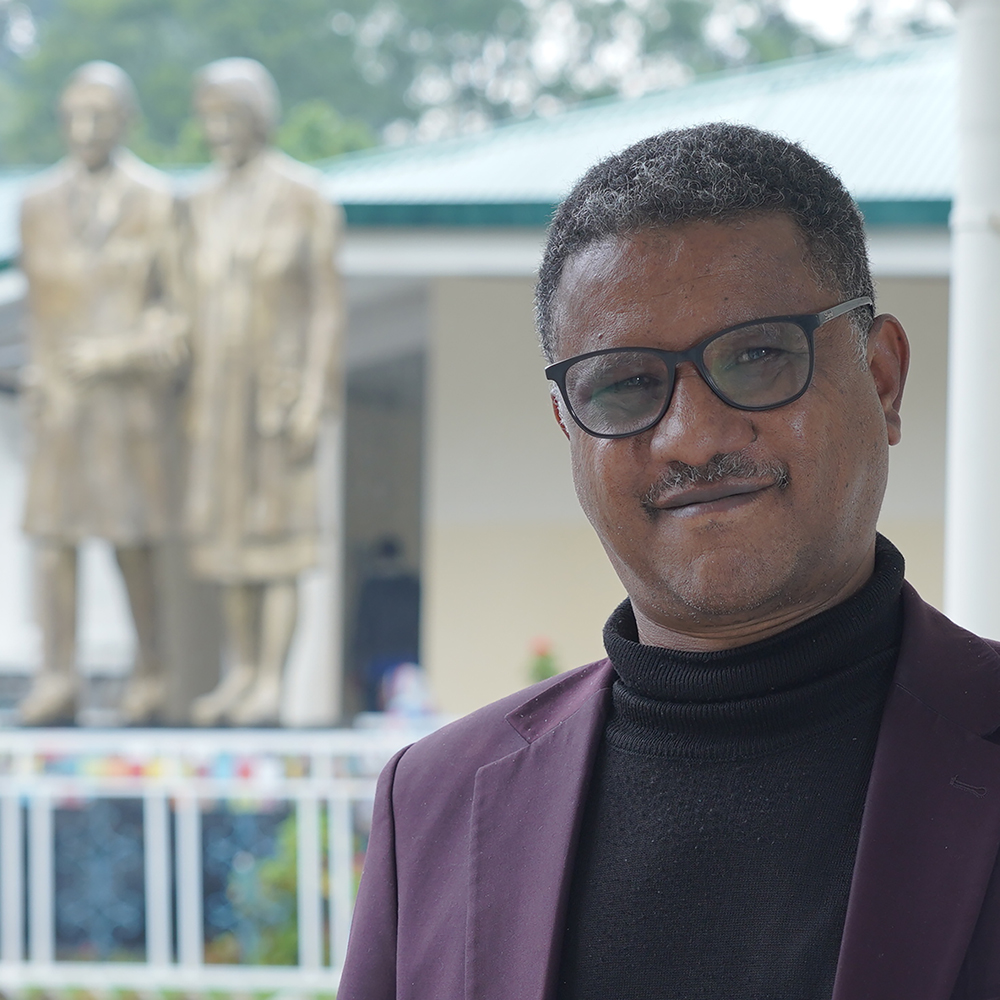
“We have three overarching ambitions: to identify and treat all fistulas, to improve maternal health care in the Woreda and ensure that change is sustained, and to continually learn so that Project Zero can be as effective as possible.”
– Tesfaye, CEO Hamlin Fistula Ethiopia
Project Zero: a three-part approach
Identification
Hamlin-trained health workers and patient identification officers will undertake community outreach and household surveys in all 800 Woredas (or districts) of Ethiopia to identify women living with fistula and transfer them for immediate treatment at one of Hamlin Fistula Ethiopia’s six hospitals. Women with long-term injuries will also be able to access the rehabilitation and reintegration services offered at Desta Mender.
Prevention
To improve maternal healthcare and outcomes for women, Hamlin Fistula Ethiopia will expand its prevention program, with the goal of establishing a midwifery clinic in every Woreda, staffed by Hamlin-trained midwives. The Hamlin College of Midwives curriculum meets the stringent standards of the International Confederation of Midwives, and the College will play an important role in training new midwives for Woredas around the country.
Education
A country-wide community education campaign will raise awareness on safe delivery methods, obstetric fistula and other birth injuries, and the treatment options available to women. We will highlight the importance of seeking professional medical care during pregnancy, labour, and after birth. Training will also be given to existing healthcare professionals, so that they have a deeper understanding of birth injuries and can advise their patients of treatment options.
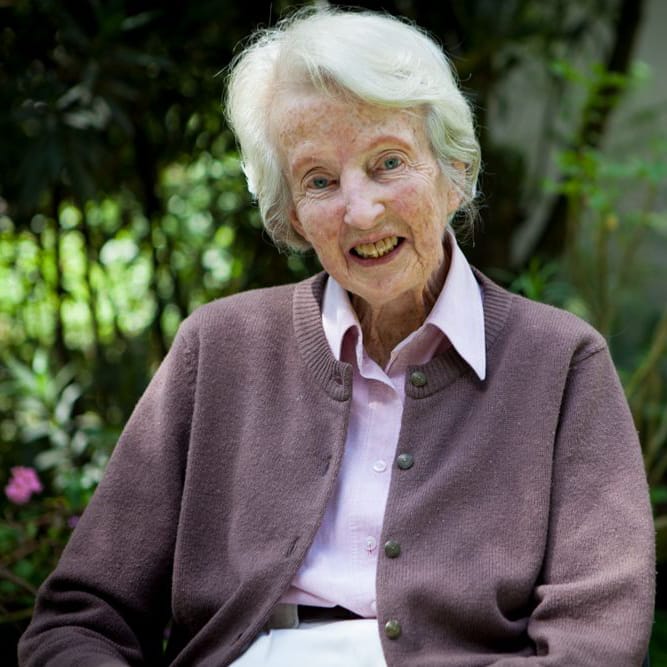
“We have to eradicate Ethiopia of this awful thing that’s happening to women: suffering, untold suffering, in the countryside. I leave this with you to do in the future, to carry on.”
– Dr Catherine Hamlin
